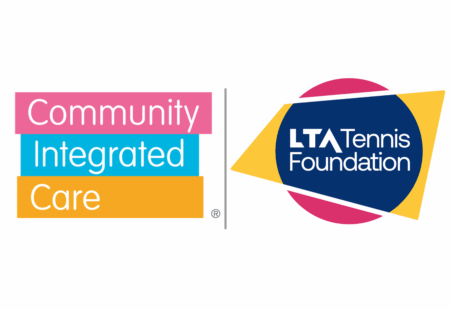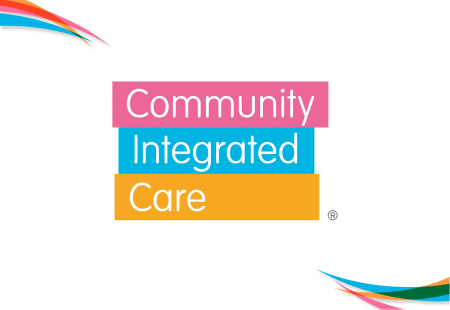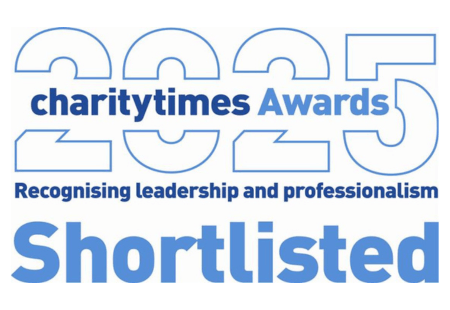
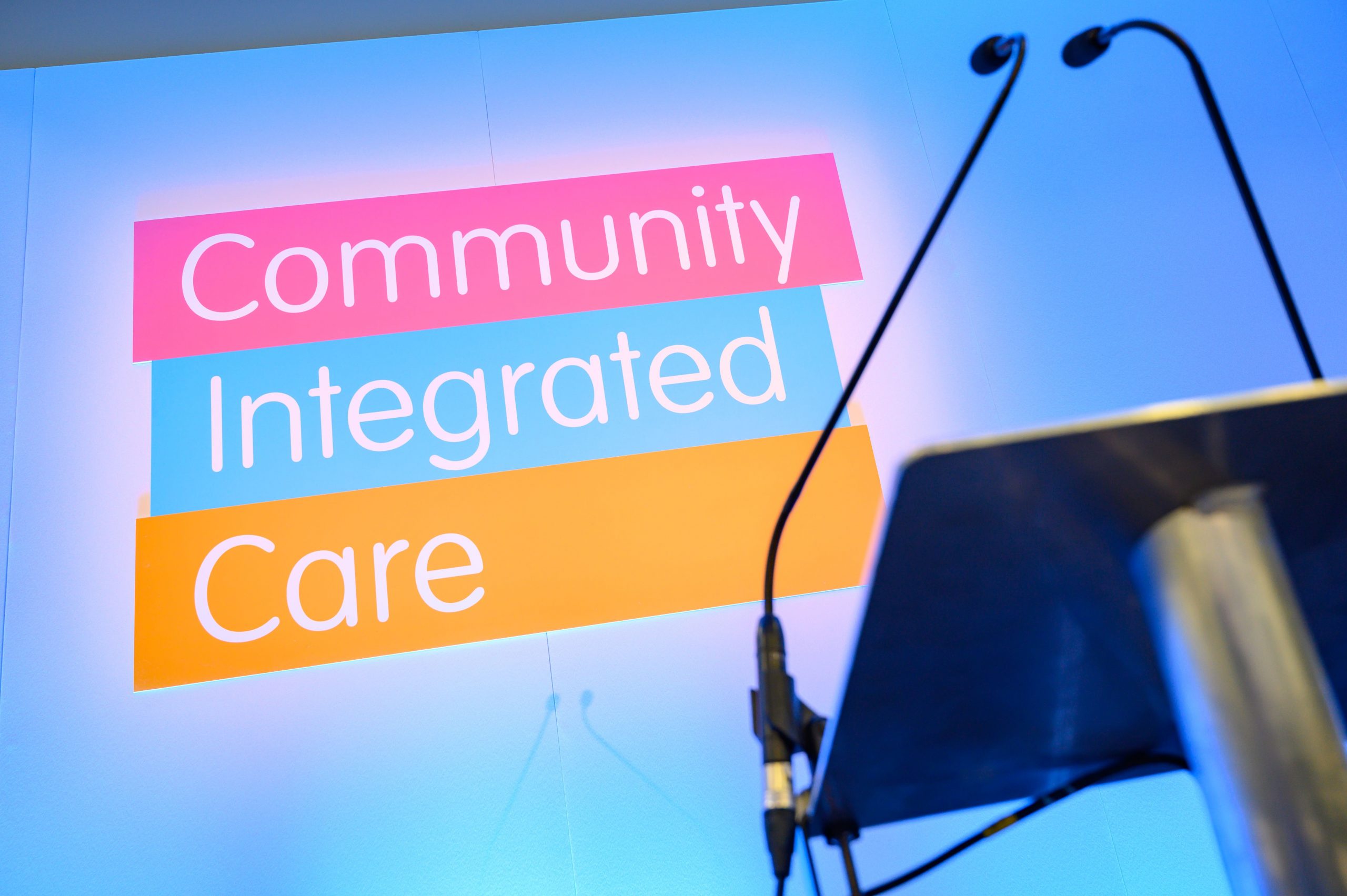
News
20/03/2024
Sector Responds To Unfair To Care
Community Integrated Care has been incredibly grateful for the support of the wider health and social care sector since the launch of the third instalment of our groundbreaking Unfair To Care report – ‘Who Cares Wins – Unfair To Care 2024.
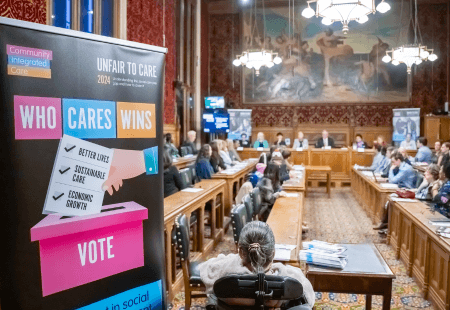 The research, which launched in Parliament last week, reveals a once-in-a-generation opportunity to end the workforce challenges in social care, with exclusive public and MP polling finding consensus that the social care pay gap must be addressed. Highlighting the importance of a 2.6 million strong ‘social care vote’, it indicates that the challenges of social care may influence the course of the 2024 election.
The research, which launched in Parliament last week, reveals a once-in-a-generation opportunity to end the workforce challenges in social care, with exclusive public and MP polling finding consensus that the social care pay gap must be addressed. Highlighting the importance of a 2.6 million strong ‘social care vote’, it indicates that the challenges of social care may influence the course of the 2024 election.
From care organisations to sector bodies, policy makers to those who work in and draw upon social care, there has been an overwhelmingly positive response to the report, with our sector united in the call for change, and many providing their own comment on the research:
Claire Sutton, Independent Health and Social Care Sector lead at the Royal College of Nursing said: “Care workers deliver vital, complex and wide-ranging support to millions, supporting people to live longer, fulfilling and more independent lives. But this vital workforce has neither enjoyed the attention nor reward it deserves, taking home pay a third lower than colleagues performing the same roles in England’s NHS.”
“Successive governments have failed to value social care, strangling NHS commissioned services of funding and slashing the budgets of local authorities in real terms by over half between 2010/11 and 2020/21. Chronic underfunding, growing demand and uncompetitive pay is driving a devastating workforce crisis which sees 150,000 posts lay vacant, with almost three in ten leaving their jobs every year.”
“When social care is deprioritised, it is the most vulnerable in society that miss out on the care they need. This only further intensifies pressures in the NHS. But there is room for hope, with eight in ten MPs finally catching up with public opinion, which has long demanded more funding for social care and better pay for its dedicated workforce. Pay parity for care workers, secure conditions and sustained government investment in social care is the most effective way to stabilise the workforce and improve care for those who need it.”
Dr Rhidian Hughes, Chief Executive of VODG said: “The latest Unfair to Care report provides unique insight into the stark disparity between the health and social care workforce, directly impacting the ability of social care organisations to meet the growing demand for support. Third sector providers have a critical role to play in the delivery of social care services but cannot meet the needs of disabled people or their families without sufficient funding. The government has repeatedly failed to meet the funding challenges of today and consequently, many charities are left delivering services where staffing and operating costs outstrip commissioned fee rates.”
“Political parties must stop burying their heads in the sand and work with the sector to put social care on a surer footing. This means addressing the pay gap between health and social care, which undermines integration and disrupts vital service provision. Without investment and greater value given to the social care workforce, essential support will cease to exist, the impact of which will be felt acutely by the NHS, local communities and especially the most vulnerable in our society.”
Steve Veevers, CEO of learning disability charity Hft said: “Despite the importance of their work, staff in adult social care roles are among the lowest paid workers in the entire economy. That, together with poor perceptions of social care as a career, reflect a widespread sense within the sector that it does not enjoy parity of esteem with the NHS and is not afforded the same level of respect from government or across wider society.”
“However, the fact that our workforce accounts for 5.3% of the nation’s economically active population means that the ‘social care vote’ is set to have a defining voice in this year’s general election. As the Unfair to Care report states, 77% of MPs believe that the current rate of average pay for social care workers is unfair. With more than half of the population – 53% of people – stating that they will have a more favourable view of political parties that address the issues of low pay, the report argues that we are arriving at a moment where the public and politicians are increasingly aligned in the importance of addressing the challenges faced by care.”
“The adult social care sector is very much regarded as an afterthought so we are calling for parity with the NHS, particularly in terms of pay, conditions and career progression. There should also be clear recognition of how adult social care complements and enables the NHS to succeed.”
You can read the full report at www.UnfairToCare.co.uk


